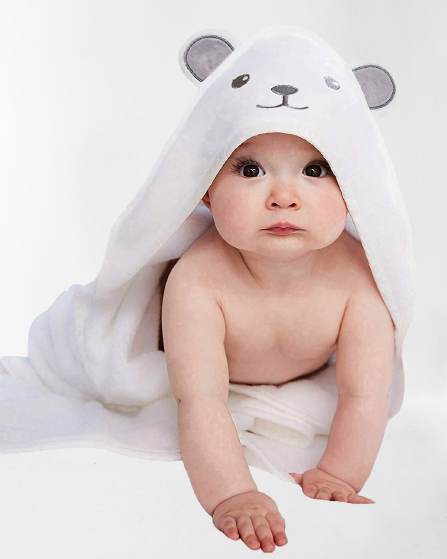HOW TO SOOTHE A TEETHING BABY - TIPS & TRICKS FOR SOOTHING SORE GUMS
Soothing gums tips :
Is your teething baby keeping you awake at
night?
Learn how to care for your baby's new teeth
and soothe sore gums.
Teething can be a major headache for
both babies and parents, causing drooling, irritability, and tears. Here's some
information to help you both feel better.
What's a typical situation?
Teething usually begins around the
age of six months, though this varies. The bottom two front teeth (lower
central incisors) usually appear first, followed by the top two front teeth
(upper central incisors).
Teething's classic signs and symptoms include:
Many parents believe teething causes
fever and diarrhea, but researchers say these symptoms aren't indicative of
teething. Excessive drooling Chewing on objects Irritability or crankiness Sore
or tender gums Slight increase in temperature — but no fever Consult your
doctor if your baby has a rectal temperature of 100.4 F (38 C) or diarrhea.
What is the most effective way to relieve sore gums?
Consider the following simple
suggestions if your teething baby appears to be in pain:
Rubbing your baby's gums is a good idea. Rub your baby's gums with a clean finger or
damp gauze. The pressure may help your baby feel better.
Keep a cool head- A chilled — not frozen — spoon or teething ring can be soothing to a
baby's gums. Do not dip these items in sugary substances to avoid cavities.
Attempt an over-the-counter treatment- If your baby is particularly cranky, consider giving
him or her over-the-counter pain relievers for infants and children, such as
acetaminophen (Tylenol, others) or ibuprofen (Advil, Motrin, others).
Which treatments should I stay away from?
To keep your baby safe, avoid using:
Ø Homeopathic teething tablets, which
are available over-the-counter. Topical gels and teething tablets have yet to
be proven to be beneficial. In recent years, lab testing of some homeopathic
remedies revealed that the ingredient belladonna, which can cause seizures and
breathing problems, was present in higher amounts thanlabeled.
Ø Benzocaine or lidocaine-based
teething medications These pain relievers can be dangerous to your child, even
fatal.
Ø Necklaces, bracelets, and anklets for
teething children. Choking, strangulation, mouth injury, and infection are all
possible consequences of using these items.
Is it necessary for me to consult a doctor?
Teething is usually something that
can be handled at home. If your baby appears to be in pain or if teething is
interfering with his or her ability to eat or drink, see a doctor.
What should I do about my baby's new teeth?
After each morning feeding and before
bed, wipe your baby's gums with a soft, clean cloth. Food debris and bacteria
can build up in your baby's mouth if you don't clean it out.
When your baby's first teeth appear,
brush his or her teeth twice a day with a small, soft-bristled toothbrush. Use
a smear of fluoride toothpaste the size of a grain of rice until your child
learns to spit (around age 3). As your child approaches 2 to 3 years of age,
switch to a pea-sized dollop.
It's also time to consider dental
checkups regularly. The American Dental Association and the American Academy of
Pediatric Dentistry recommend that a child's first dental visit be scheduled
around the time of his or her first birthday.
Remember that proper dental care
during childhood helps to set the stage for a lifetime of healthy teeth and
gums.





Comments
Post a Comment